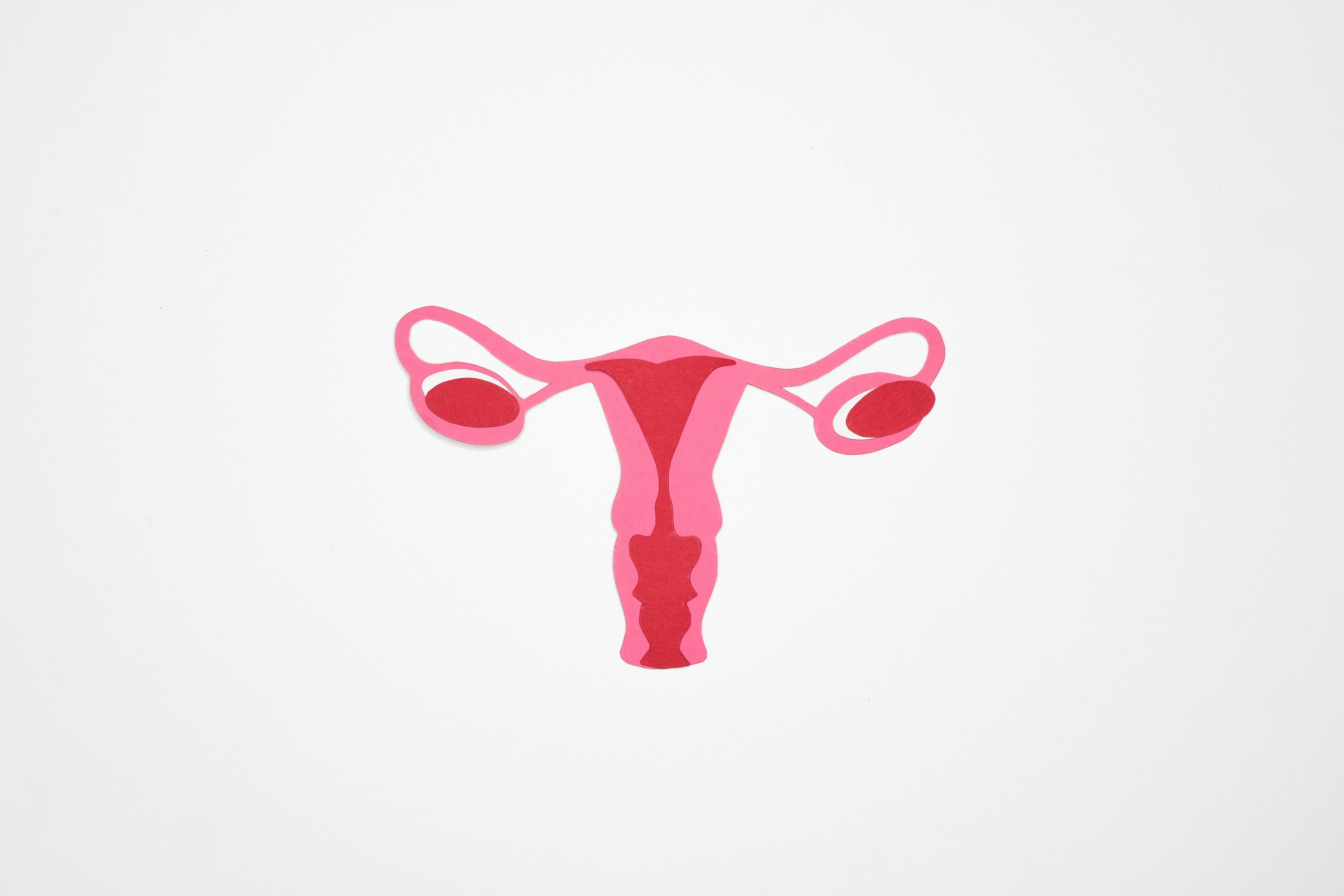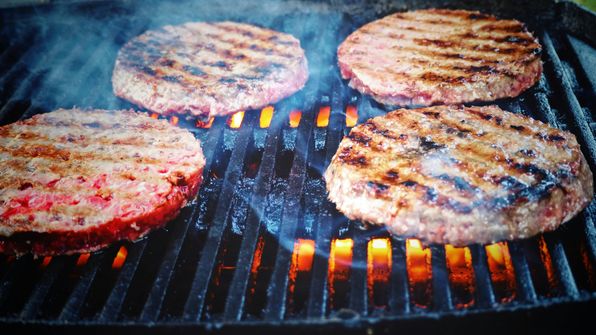
Social Success on the Carnivore Diet: Tips for Staying Committed at Gatherings and Restaurants
Social gatherings often mean a spread of carb-heavy foods and tempting desserts that can make sticking to the carnivore diet feel tricky. But with a b...

Polycystic Ovary Syndrome (PCOS) is a common hormonal disorder affecting many women worldwide. It can lead to symptoms such as weight gain, insulin resistance, irregular menstrual cycles, and infertility.
Recently, the carnivore diet has gained attention as a potential dietary approach for managing PCOS symptoms.
Let’s dive into the benefits, challenges, and practical tips for women considering this diet.

The carnivore diet is a highly restrictive eating plan that includes only animal products. This means meat, fish, eggs, and some dairy products, but excludes all plant-based foods like fruits, vegetables, grains, nuts, and seeds. Advocates claim it can improve various health conditions by reducing inflammation and providing nutrient-dense foods.
Insulin resistance is a common issue in women with PCOS, leading to higher insulin levels and weight gain. The carnivore diet eliminates carbohydrates, which can significantly reduce insulin spikes and improve insulin sensitivity. Studies have shown that low-carb diets can be effective in managing insulin resistance, a key component of PCOS.
Fact: A study in The EJOG found that reducing carbohydrate intake improved insulin sensitivity in women with PCOS.
Weight loss is often recommended for managing PCOS symptoms. The carnivore diet’s high protein content can promote satiety, helping to reduce overall calorie intake. Additionally, the elimination of carbohydrates can lead to quick initial weight loss due to water loss and reduced glycogen stores.
Stat: High-protein diets can significantly enhance weight loss and improve body composition, with studies suggesting protein increases satiety and energy expenditure.
Chronic inflammation is another issue commonly associated with PCOS. The carnivore diet may help reduce inflammation by eliminating processed foods and sugars, which are known to contribute to inflammatory responses in the body.
Example: By focusing on whole animal foods, the carnivore diet can decrease the intake of inflammatory foods, potentially leading to reduced PCOS symptoms.
One of the main concerns with the carnivore diet is the potential for nutrient deficiencies, particularly in vitamins and minerals typically found in plant-based foods, such as vitamin C, fiber, and certain antioxidants.
Fact: Vitamin C, essential for immune function and skin health, is not present in significant amounts in animal products, posing a risk for deficiencies.
Adhering to such a restrictive diet can be challenging in social situations and long-term sustainability. The lack of variety might lead to boredom and difficulty maintaining the diet.
Scenario: Social events, dining out, and family meals can become complicated when adhering strictly to the carnivore diet, potentially leading to feelings of isolation or dietary fatigue.
While some studies suggest that low-carb, high-fat diets can improve certain health markers, others indicate that they might increase LDL cholesterol levels, which is a risk factor for heart disease.
Stat: A study in CJC Open reported mixed results regarding LDL cholesterol levels in individuals following high-protein, low-carb diets.

Instead of switching to the carnivore diet abruptly, consider gradually reducing carbohydrate intake and increasing protein and fat consumption. This can help your body adapt to the new diet and reduce the risk of adverse reactions.
Tip: Start by eliminating processed foods and sugars, then gradually reduce fruits, vegetables, and grains from your diet.
Choose a variety of meats, fish, and organ meats to ensure you get a broad spectrum of nutrients. Organ meats, in particular, are highly nutrient-dense and can help mitigate some deficiencies.
Example: Incorporate liver, heart, and kidney into your meals, as they are rich sources of essential vitamins and minerals.
Regularly monitor your blood work and health markers, such as cholesterol levels, blood pressure, and nutrient levels, to ensure the diet is working for you and not causing any negative health impacts.
Advice: Work with a healthcare provider to track your progress and make necessary adjustments to your diet.
The carnivore diet can lead to changes in electrolyte balance and hydration levels. Ensure you drink plenty of water and consider incorporating bone broth, which is rich in electrolytes.
Tip: Aim to drink at least 8 cups of water a day and include electrolyte-rich broths in your diet.
Consider supplementing with vitamins and minerals that are difficult to obtain from animal products alone, such as vitamin C, magnesium, and fiber.
Supplement Advice: Talk to a healthcare provider about appropriate supplements to support your dietary needs.

Navigating the carnivore diet while managing PCOS can be quite the adventure. Here’s a three-day meal plan that’s straightforward, tasty, and designed to help you stay on track.
Breakfast:
Lunch:
Snack:
Dinner:
Evening Snack:
Breakfast:
Lunch:
Snack:
Dinner:
Evening Snack:
Breakfast:
Lunch:
Snack:
Dinner:
Evening Snack:
Remember to Stay hydrated and consult with your healthcare provider regularly to monitor your health while on this diet. Enjoy your carnivore journey!
The carnivore diet may offer potential benefits for women with PCOS, including improved insulin sensitivity, weight loss, and reduced inflammation. However, it also comes with challenges such as nutrient deficiencies and sustainability issues.
If you’re considering this diet, it’s crucial to approach it mindfully, ensuring you monitor your health and make adjustments as needed.
A: The carnivore diet may help improve insulin sensitivity, promote weight loss, and reduce inflammation, which are beneficial for managing PCOS symptoms.
A: Potential risks include nutrient deficiencies, increased LDL cholesterol levels, and challenges with long-term sustainability.
A: Focus on nutrient-dense animal products, consider gradual dietary transitions, monitor health markers, and supplement with essential vitamins and minerals as needed.
A: The long-term sustainability of the carnivore diet can be challenging due to its restrictive nature and social factors. Gradual transitions and regular health monitoring are recommended.
A: Yes, it’s important to consult with a healthcare provider to ensure the diet is appropriate for your health needs and to monitor your progress.

Social gatherings often mean a spread of carb-heavy foods and tempting desserts that can make sticking to the carnivore diet feel tricky. But with a b...

The carnivore diet is often seen as straightforward: eat meat, keep it simple. But adapting it seasonally can bring freshness, variety, and local flav...

The carnivore diet has become increasingly popular, but like any extreme dietary approach, it raises important questions—especially for women concerne...

The carnivore diet has gained attention globally, but women’s experiences and cultural approaches to animal-based eating vary widely depending on wher...

Living with Chronic Obstructive Pulmonary Disease (COPD) can make everyday activities feel like a marathon, especially for women who are juggling heal...